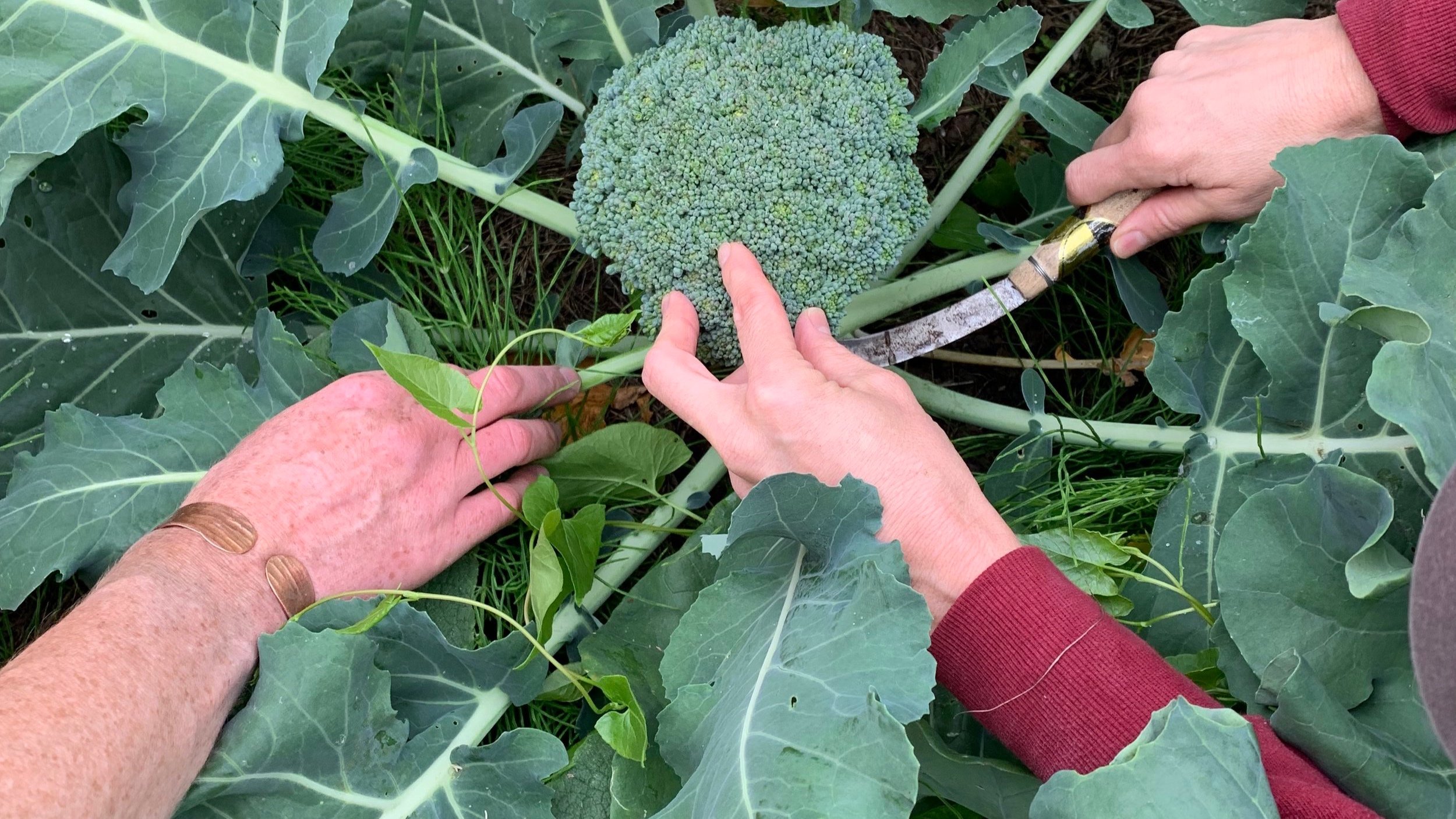
Community-grown food network
Food Sovereignty
First framed by the international peasant movement La Via Campesina at the World Food Summit in 1996, food sovereignty is the right of all people to healthy food produced through ecologically sound and sustainable methods. OPCA is founded on this ethos. We abide by the six pillars of food sovereignty:
Focuses on food for people: The right to food which is healthy and culturally appropriate is the basic legal demand underpinning food sovereignty.
Values food providers: Food sovereignty asserts food providers’ right to live and work in dignity.
Localizes food systems: Food must be seen primarily as sustenance for the community and only secondarily as something to be traded.
Puts control locally: Food sovereignty places control over territory, land, grazing, water, seeds, livestock and fish populations on local food providers and respects their rights.
Builds knowledge and skills: Technologies, such as genetic engineering, that undermine food providers’ ability to develop and pass on knowledge and skills needed for localized food systems are rejected. Instead, food sovereignty calls for appropriate research systems to support the development of agricultural knowledge and skills.
Works with nature: Food sovereignty requires production and distribution systems that protect natural resources and reduce greenhouse gas emissions, avoiding energy-intensive industrial methods that damage the environment and the health of those that inhabit it.
Building community
Each week Participants gather at the Land Hosts’ farms to work and learn with guidance from the Anchor Farmers and Site Managers. We share the work, we create an environment where we can learn and share with each other, and along the way we build community.
Learning
At its most fundamental level, the OCPA model is an education program. Each farm engages an appropriate number of members relative to the site’s potential and limitations. Through hands-on experience, members learn what it takes to grow and process their own food from seed to table, becoming active participants in a year-round local food network. Planning, growing and sharing crops as a cohesive unit results in an improved economy of scale and balanced, stable yields.

“These gardens allow for neighbors to share in community, efficiency, health, and delicious locally grown food.”
-Current member
“The farm allows me to contribute to a small group of very connected people. I love knowing my efforts are benefiting everyone, not just me. It feels really wonderful to be a part of the farm!”
-Tracy


